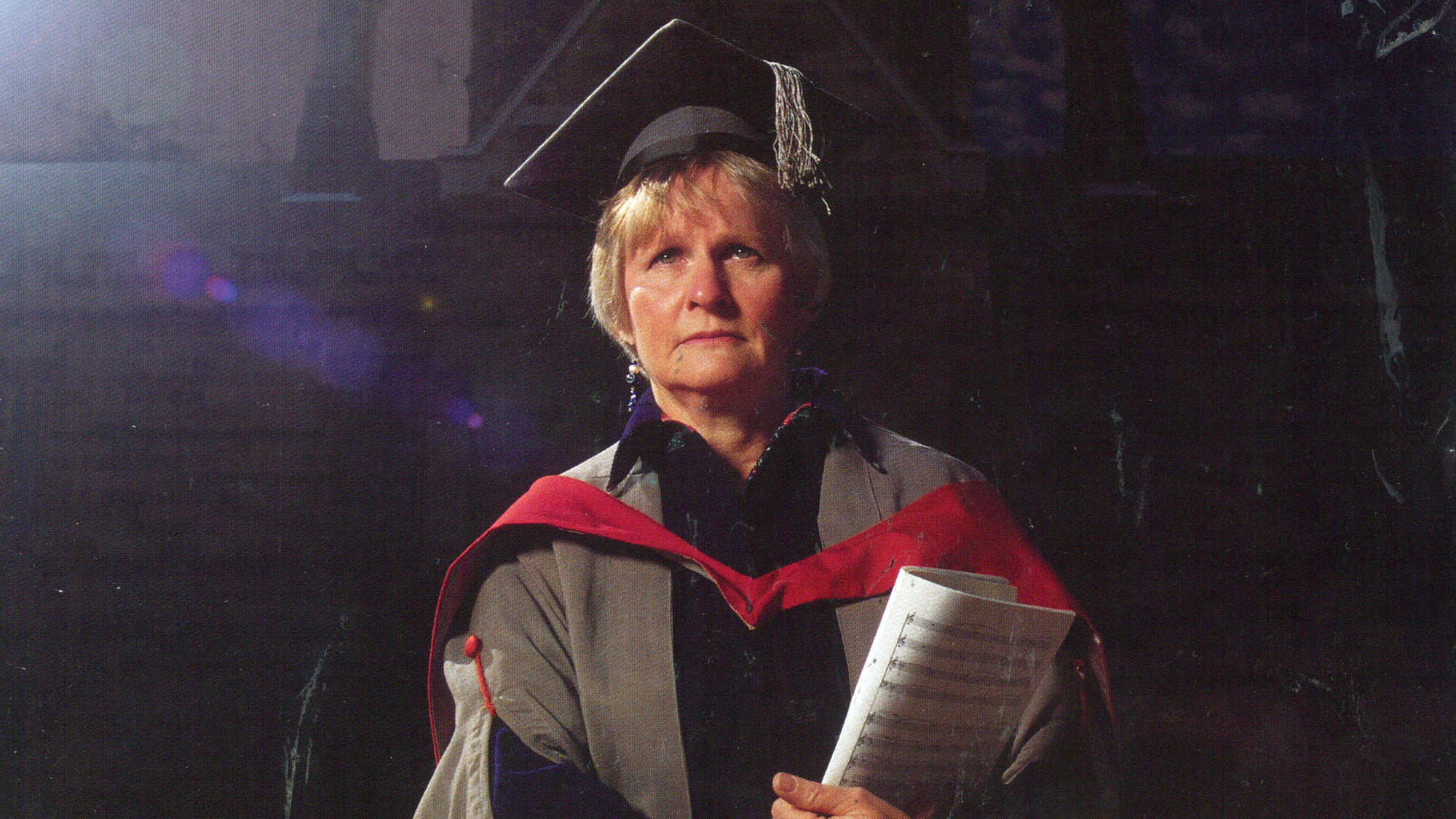
Screened as part of NZIFF 2001
Facing the Music 2001
Two thousand years of Western culture have not prepared the music department of Sydney University for economic rationalism. Following one year in the working life of Sydney music professor Anne Boyd, her colleagues and students, Bob Connolly and Robin Anderson have documented a situation that is vividly typical of the crises harrowing arts institutions everywhere.
Boyd is both a widely performed composer and a highly regarded teacher of musical history and composition. At the outset of filming she’s disdainful of the industrial action planned by university teachers. Providing high quality education for her students, regardless of what she is paid, is a matter of principle, evident in her patient, collegial sessions with composition students.
But as the year progresses and she is forced to cut staff and cancel courses, her principles, and the department itself, begin to seem horribly like outmoded luxuries. She must teach till she drops, then step implausibly into the unfamiliar territory of self-promotion and marketing, desperately seeking funding from private sponsors.
Directors of a trilogy of extraordinary New Guinea documentaries and the instant classic Rats in the Ranks, Connolly and Anderson are highly evolved observers of politically embattled personalities. Sympathetic to Boyd’s distress, they’re objective inasmuch as they show no interest in engaging with the enemy themselves. As carefully crafted as any work of fiction, Facing the Music places Boyd’s growing anger and alienation against a range of professional responses to the relentless funding squeeze, from full-tilt devastation to dull pragmatism.
Using a course of Boyd’s lectures as a structural motif, the film treats us to an abbreviated history of Western composition. By the time she gets to Beethoven, Boyd is so beside herself with anger and frustration that she’s storming up the lecture room in exultant identification with Beethoven’s contempt for know-nothing aristocrats. It’s no surprise that such volatility has its dark side and in the film’s most alarming (and most eerily well-shaped) scene Boyd’s persistent expressions of defeat – ‘why do I even bother?’ – drive a student to tears.
Inelegant behaviour is elegantly laced with musical performances by the students and the rehearsal and performance of one of Boyd’s own choral compositions. Connolly and Anderson leave us in no doubt about why Boyd bothers. The film resounds with their expressive use of the tradition that she is so ideally equipped to nurture and so ill equipped to defend. If the practitioners cannot defend it, who can? Who will pay? Facing the Music’s final strength is its tacit insistence that we face the economic rationalist’s question. — BG